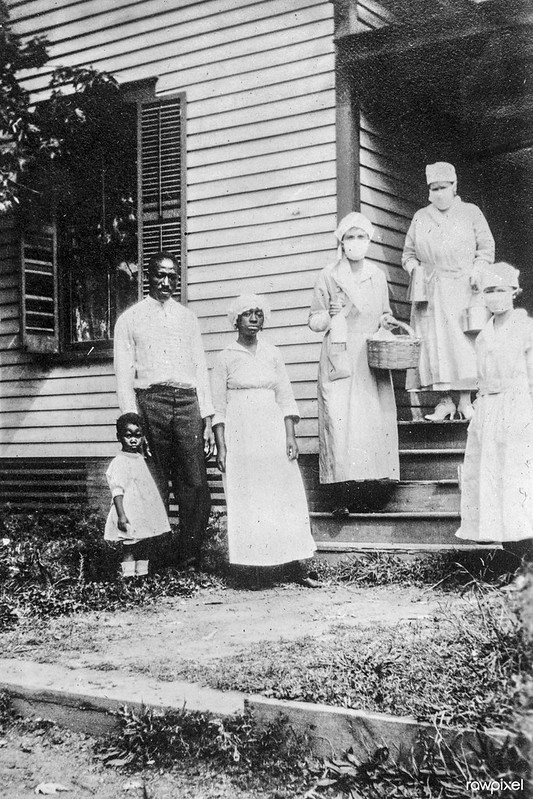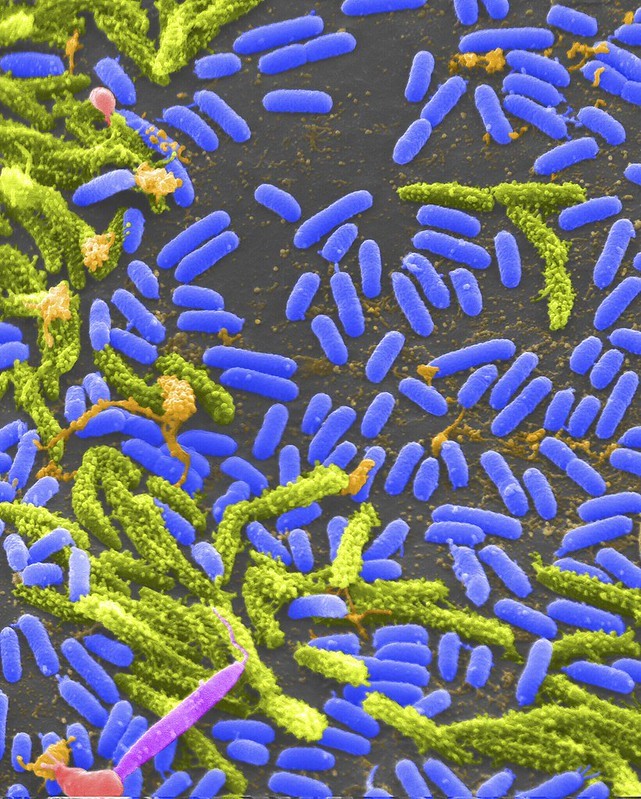UK aid program the Fleming Fund announced today that it will provide up to £210 million ($267.5 million US) in funding to boost antimicrobial resistance (AMR) surveillance capacity in the countries where it's most needed.
The funding, which comes from the UK government's aid budget, will help upgrade 250 laboratories in 25 low-and middle-income countries (LMICs) in Asia and Africa where the threat and burden of AMR is the highest. New genome sequencing technology to help track the transmission of bacterial pathogens among humans, animals, and the environment will be included in the upgrade. The investment will also support 20,000 training sessions for laboratory staff, pharmacists, and hospital staff.
"I am proud and delighted that the UK's Fleming Fund will continue to create real impact to tackle AMR and build pandemic preparedness on the ground across the world, using data to drive action and catalyse investment," Dame Sally Davies, the UK Special Envoy on AMR, said in a Fleming Fund press release. "This world-leading investment in AMR laboratories, workforce and systems is a vital contribution to realise our vision of a world free of drug-resistant infection."
I am proud and delighted that the UK's Fleming Fund will continue to create real impact to tackle AMR and build pandemic preparedness on the ground across the world.
The Fleming Fund was established in 2015 to help LMICs in Africa and Asia generate, share, and use AMR data.
The announcement comes ahead of the G20 Health Minister's meeting, which will take place in Gandhinagar, India, on August 18 and 19. AMR is likely to be among the topics discussed at the meeting.
















